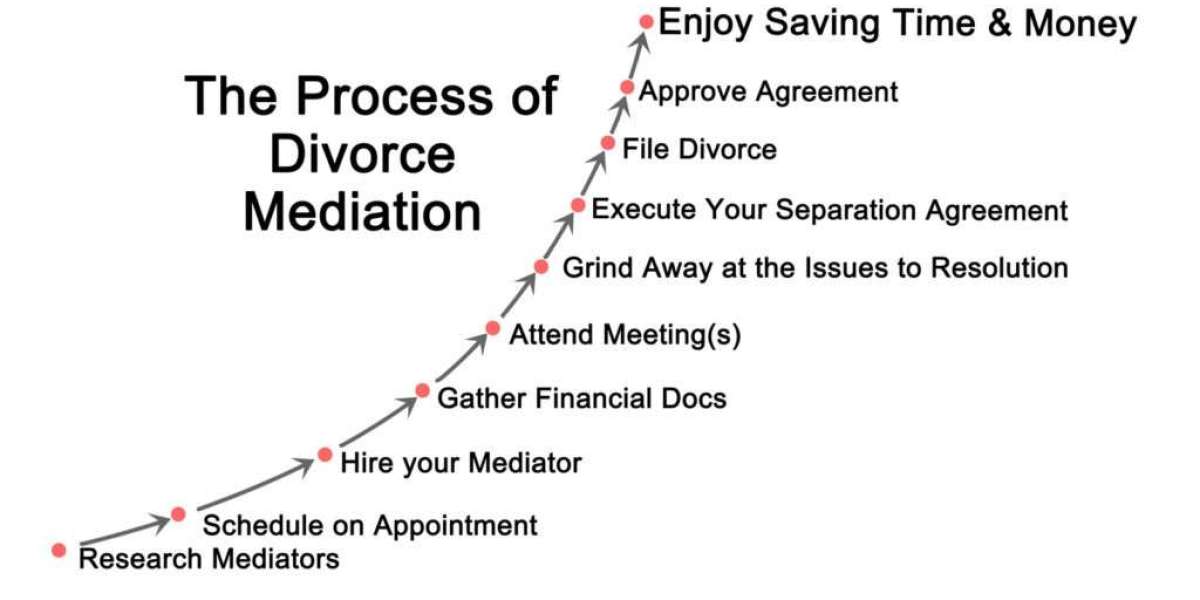Introduction about the divorce rules in new york
Divorce is a challenging and emotionally charged process, and understanding the specific divorce rules in New York is crucial for anyone considering or going through this life-changing event. New York State has its own set of laws and regulations governing divorce, which may differ from those in other states.
1. Grounds for Divorce
In New York, divorce can be granted based on both fault and no-fault grounds. Understanding these grounds is fundamental to initiating the divorce process.
- No-Fault Divorce: New York allows for a no-fault divorce, which means that a marriage can be dissolved if the relationship has been irretrievably broken for at least six months. No specific reasons or fault need to be cited for this type of divorce.
- Fault-Based Divorce: Alternatively, couples can file for a fault-based divorce, which requires demonstrating specific reasons for the divorce, such as adultery, cruelty, abandonment, or imprisonment.
2. Residency Requirements
To file for divorce in New York, at least one spouse must meet specific residency requirements. Either the petitioner or the respondent must have lived in New York for at least one year continuously before filing for divorce, or they should have been living in New York for at least two continuous years if they got married in New York, lived in New York as a married couple, or the grounds for divorce occurred in the state.
3. Equitable Distribution of Property
This means that property and assets acquired during the marriage are not necessarily divided equally, but rather in a manner considered fair by the court. Factors considered in this distribution include the length of the marriage, each spouse's financial situation, and any prenuptial agreements in place.
4. Child Custody and Support
Child custody and support are among the most sensitive and critical aspects of a divorce involving children. Child support guidelines are used to calculate the financial support one parent must provide to the other for the upbringing of the child.
5. Alimony (Spousal Support)
The amount and duration of alimony payments are determined by various factors, including the length of the marriage, the income and earning capacity of each spouse, and their respective financial needs.
6. Legal Representation
While it is possible to navigate a divorce without an attorney, many individuals choose to seek legal counsel to ensure they understand their rights and obligations under New York's divorce laws. An experienced attorney can also guide you through the complex legal procedures and represent your interests in court.
Conclusion
Navigating the divorce rules in New York can be a complex and emotionally challenging process. Understanding the grounds for divorce, residency requirements, property division, child custody, child support, and spousal support is crucial for a smooth and fair divorce process. Whether opting for a no-fault or fault-based divorce, seeking legal advice, and potentially hiring an attorney can help ensure that your rights are protected and that the divorce process proceeds as smoothly as possible. Remember that each divorce is unique, and it's essential to tailor the process to your specific circumstances and needs.
For more information visit divorce rules in new york








